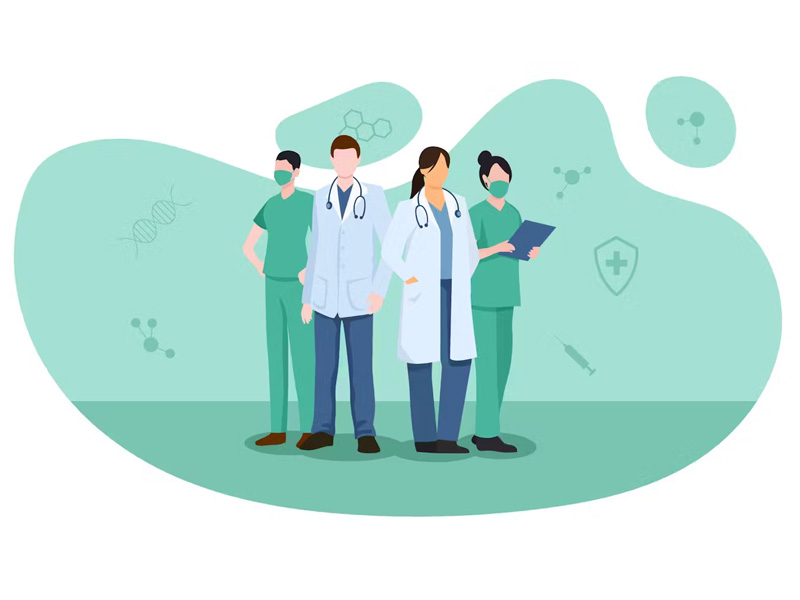In the healthcare industry, data science is revolutionizing the way we approach patient care, medical research, and healthcare management. From predictive analytics to personalized medicine, data science is driving innovation and improving outcomes across the healthcare continuum.
One of the key applications of data science in healthcare is predictive analytics. By analyzing vast amounts of patient data, including electronic health records, medical imaging, and genetic information, data scientists can identify patterns and trends that help predict disease risk, treatment outcomes, and healthcare resource utilization. This enables healthcare providers to proactively intervene and deliver targeted interventions that improve patient outcomes and reduce costs.
Another important area where data science is making a significant impact is personalized medicine. By leveraging machine learning algorithms and genomic data, researchers can develop tailored treatment plans that take into account individual differences in genetics, lifestyle, and environmental factors. This precision medicine approach not only improves treatment efficacy but also reduces the risk of adverse reactions and side effects.
Furthermore, data science is driving improvements in healthcare operations and resource management. By analyzing operational data, such as patient flow, staffing levels, and equipment utilization, healthcare organizations can identify inefficiencies and optimize workflows to improve patient access and satisfaction. Additionally, predictive analytics can help forecast demand for healthcare services, enabling hospitals and clinics to allocate resources more effectively and reduce wait times.
In summary, data science is transforming the healthcare industry in profound ways. By harnessing the power of data, healthcare providers can deliver more personalized, efficient, and effective care to patients. As we continue to advance our understanding of data science and its applications in healthcare, the potential for improving patient outcomes and reducing healthcare costs is limitless.

